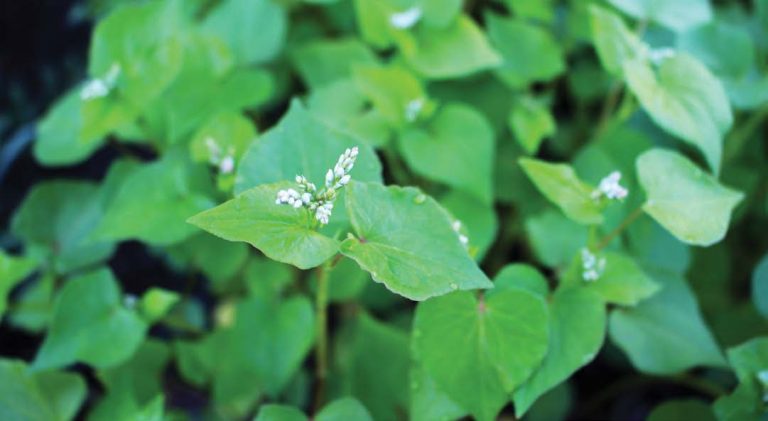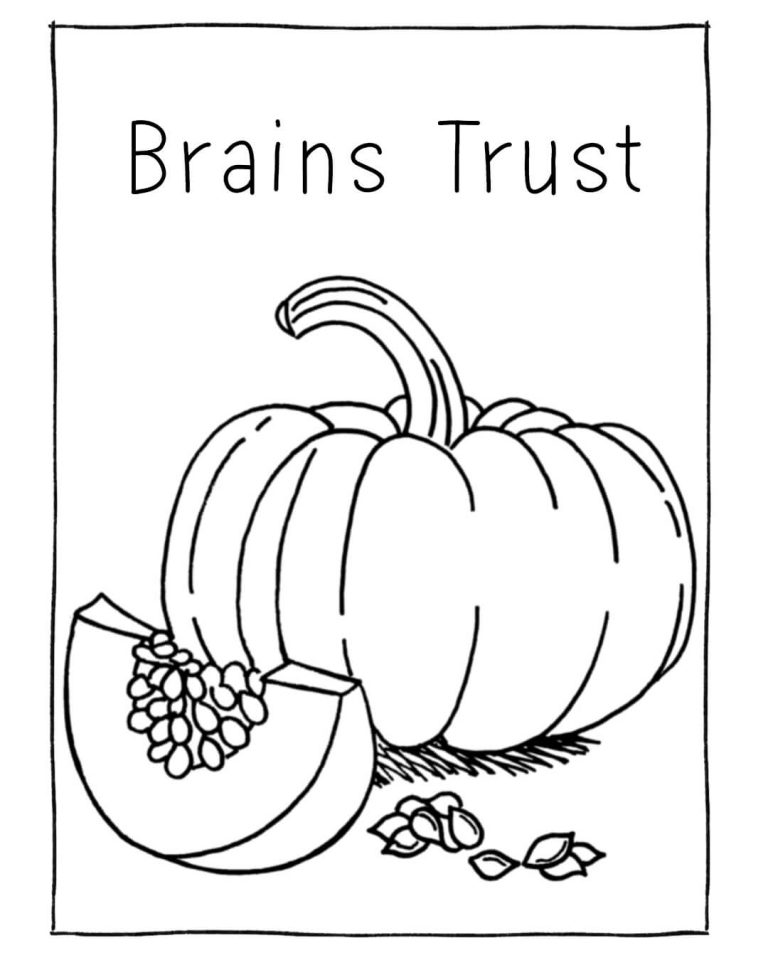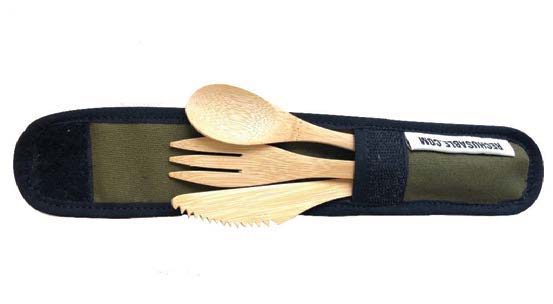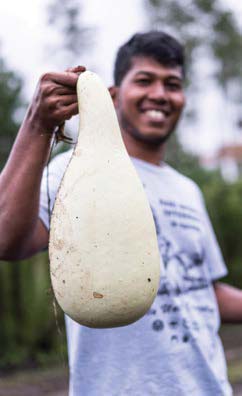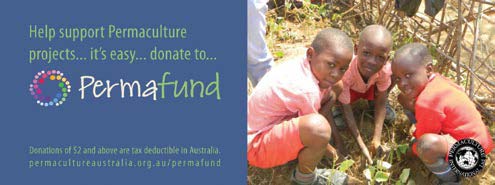Waste-Free Celebrations
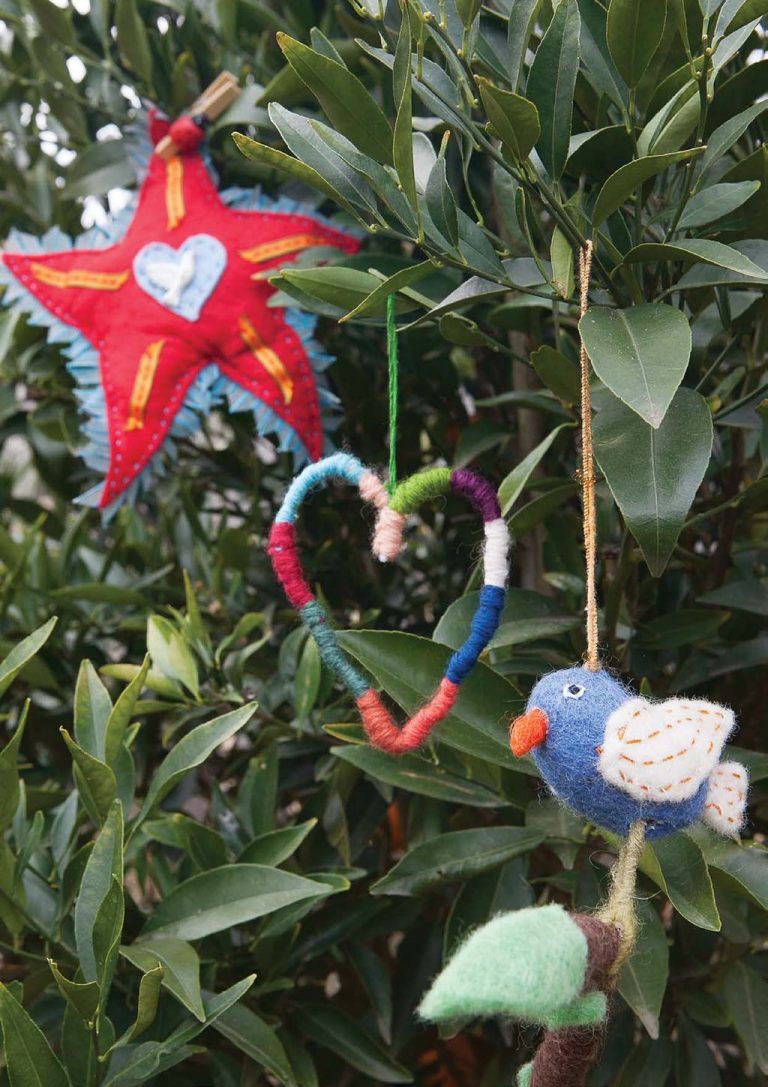
Celebrations often carry their own set of rituals and expectations. Many of these rituals can be unsustainable in terms of the increase in consumption and waste which is often inherent to them. Here are some tips to help you rethink your celebrations in order to reduce waste without reducing joy.
BUY ONLY WHAT YOU NEED
Food purchases go up by approximately 80% over the Christmas period. The sad thing is that not all of this food is actually consumed and much of it ends up in landfill. While everyone enjoys having delicious and ‘sometimes’ special food during celebrations, try to think about how much you actually need, and also where this food is coming from.

